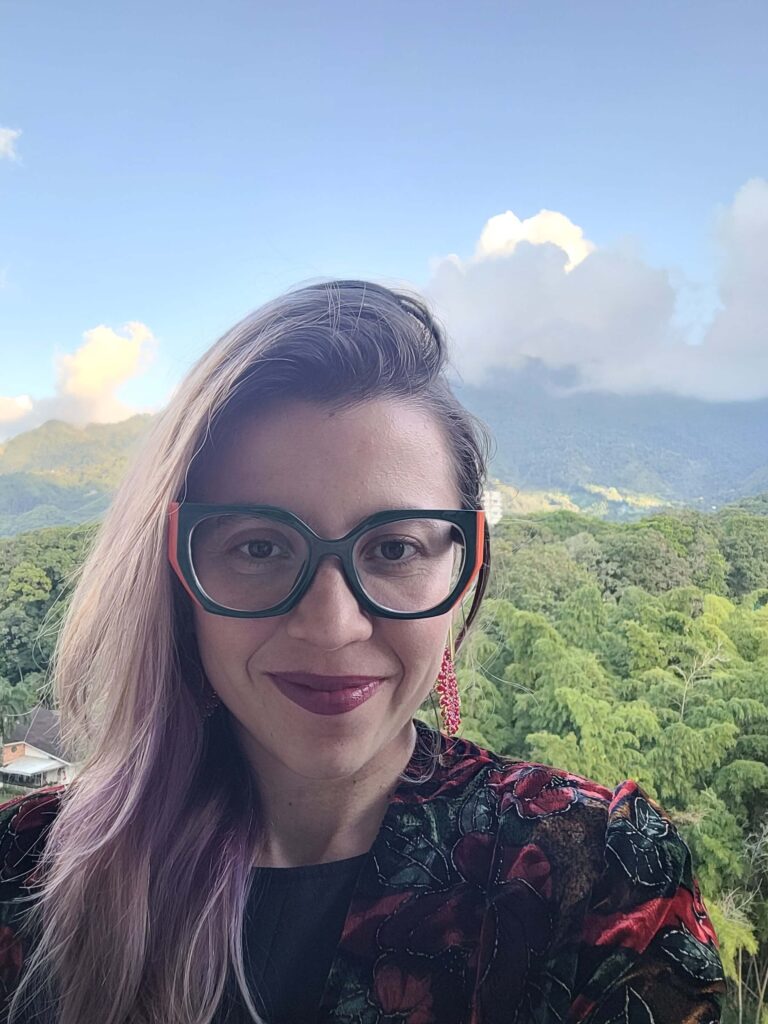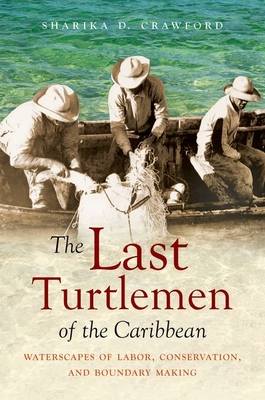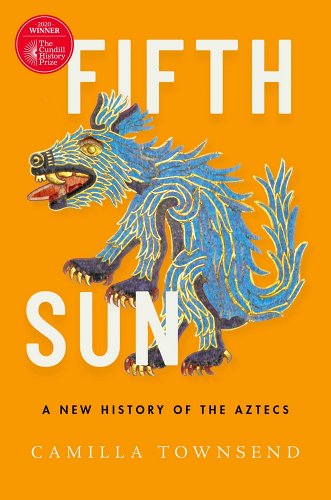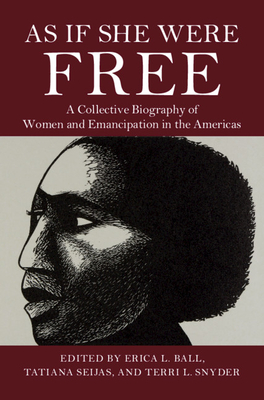
English
I am a PhD Candidate in History at Rutgers, studying the history of popular medicine in Colombia during the eighteenth and nineteenth centuries. My dissertation project titled “Caring Women: Midwives and Female Healers in New Granada, 1700-1850”, investigates midwives’ and female healers’ lives and medical practices in New Granada, present-day Colombia, between 1700 and 1850. What sets my project apart from traditional historical narratives is that I interview 20 contemporary medical practitioners (midwives, doulas, and doctors) to examine the resurgence of midwifery and traditional healing practices in Colombia’s present medical landscape. This material permits me to reflect on memory-making, the creation of historical narratives related to care, and global histories of medicine and science. My research has received the support of the National Science Foundation, the Social Science Research Council, Rutgers Digital Humanities Initiative, and Rutgers Center for Latin American Studies.
I received my BA from Universidad de los Andes in Bogotá, where I majored in Political Science and minored on Law and History. I worked with the feminist NGO Sisma Mujer and Bogotá’s Office for Women’s Rights on topics of sexual and domestic violence in Colombia. Currently, I am a host of the New Books Network , an academic podcast that seeks to make accessible cutting edge research to a general audience.
Español
Soy candidata a Doctora en Historia en la Universidad de Rutgers de New Jersey, y estudio la historia de la medicina popular en Colombia durante los siglos XVIII y XIX. Mi proyecto de tesis titulado “Mujeres cuidadoras: parteras y curanderas en la Nueva Granada, 1700-1850”, investiga la vida y las prácticas médicas de parteras, médicas y curanderas en la Nueva Granada, actual Colombia, entre 1700 y 1850. Lo que mi el proyecto de investigación de narrativas históricas más tradicionales, es que entrevisto a 20 trabajadoras de la salud contemporáneas (parteras, doulas y médicas) para examinar el resurgimiento de la partería y la medicina tradicional en Colombia. Este material me permite reflexionar sobre la construcción de memoria, la creación de narrativas históricas relacionadas con el cuidado e historias globales de medicina y ciencia. Mi investigación doctoral ha recibido el apoyo de la National Science Foundation, el Social Science Research Council, así como del Centro de Estudios Latinoamericanos y la Iniciativa de Humanidades Digitales de la Universidad de Rutgers.
Estudié mi pregrado en Ciencia Política en la Universidad de los Andes, donde además hice opción en Historia y Derecho. Después de graduarme trabajé en la ONG Sisma Mujer y en la Secretaría de la Mujer de Bogotá, investigando temas de violencia de género, acceso a la información y violencia sexual en el marco del conflicto armado. Actualmente soy anfitriona de la New Books Network, un podcast académico que busca volver accesible innovadoras investigaciones a un público general.
Featured podcast episodes

In «The Last Turtlemen of the Caribbean: Waterscapes of Labor, Conservation, and Boundary Makin» (University of North Carolina Press 2020), Dr. Sharika Crawford tells the story of Caymanian turtle hunters, men that plied the sea in search of the green and the hawksbill turtles.

In her latest book «Fifth Sun: A New History of the Aztecs» (Oxford University Press 2020), Camilla Townsend tells the story of the Aztecs from their perspective and using their own historical sources. Although this sounds like a simple premise, a Fifth Sun revolutionizes our way of understanding the past of the Mexica (meh-HEE-kah) and the people that lived under their rule in Mexico’s central valley.

This collection of twenty-four beautifully crafted chapters, spans across centuries and geographies, giving us a varied and textured reading of women’s lives and experiences. More importantly than that, and herein lies the revolutionary character of this book, As If She Were Free changes our ways of understanding and conceptualizing freedom and emancipation, ultimately transforming how we narrate the past of our societies and understand our present.